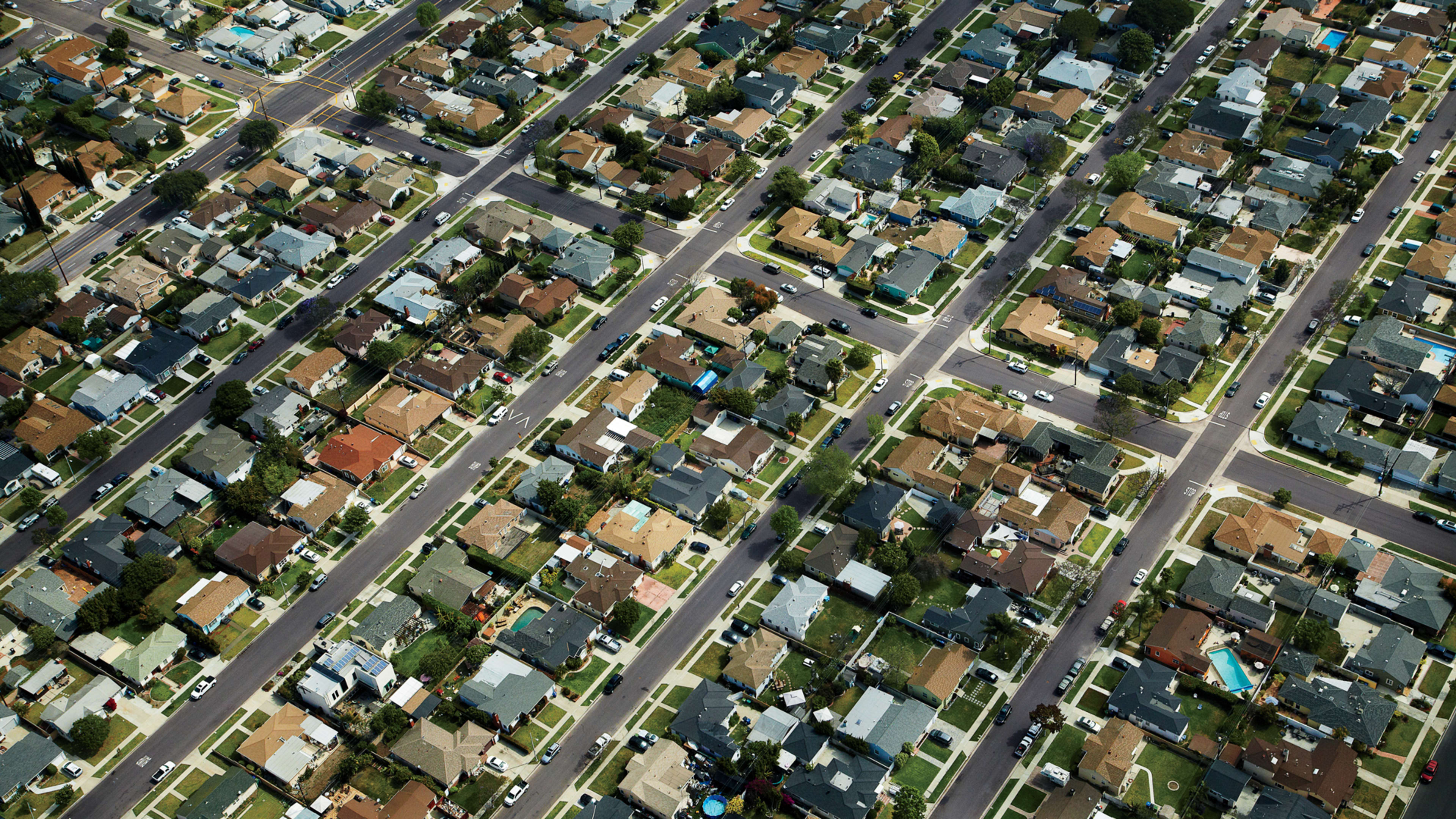Faced with a housing shortage of crisis proportions, Eric Garcetti, the mayor of Los Angeles, decided not to wait for the market to sort things out. Not that the market seems up to the job, anyway: Nearly a third of L.A. residents already spend more than half their income on rent. Garcetti’s idea: to use the powers of his office to dramatically increase the city’s housing stock, by building, among other things, the ingenious homes known as accessory dwelling units. ADUs are free-standing bungalows that have roughly the same square footage as two-bedroom apartments, and that fit—here’s the mind-bending part—into existing backyards. Neither banks nor builders nor zoning regulators were ready for ADUs, but Garcetti jawboned the former and politicked the latter into supporting them. Now the affordable little homelets make a potential landlord out of any Angeleno with a backyard, while providing overcrowded families with safe, legal housing. And for L.A., the path from sprawl to a post-suburban future just got a little clearer.
Solving a big-city crisis with itty-bitty houses: It’s innovation in service of the good, or what we at Fast Company—under the leadership of senior editor Morgan Clendaniel—have been celebrating since 2014 as World-Changing Ideas. You’ll find a selection of this year’s 240 honorees (chosen by a panel of judges from close to 1,400 submissions), and you can view the full roster on fastcompany.com. Garcetti’s ADU initiative is on the list, of course, as is a new biodegradable pregnancy test and a problem-solving methodology that uses design thinking to spark conversation—and find solutions—across racial divides. All are proof that in determined hands, a creative idea has the power to make the world a safer, healthier, more just, less polluted place.
A similar faith in business as a force for good drives the larger-than-life restaurateur, humanitarian, and Trump gadfly José Andrés, founder of the ThinkFoodGroup restaurant empire. As Matthew Shaer notes in his nuanced profile, Andrés is a complex blend of culinary artistry, altruism, impulsiveness, and celebrity, and it’s sometimes hard to tell which flavor will dominate at any given moment. But measured by both business success and social impact, the Andrés recipe works.
And then there’s this month’s cover story, about Twitter, reported in a herculean joint effort by senior writer Austin Carr and senior tech editor Harry McCracken, and with next to no help from the company. The social media platform might best be described as a world-changing idea that failed to recognize how quickly its world was changing. As McCracken and Carr tell it, the company’s leaders let themselves be lulled into smugness by early success and distracted by an IPO, failing to see how their product had been twisted into something ugly by unscrupulous users. Now CEO Jack Dorsey and his team are struggling, with uneven results, to get the trolls back under the bridge. The outcome of that fight will affect us all.
Recognize your brand’s excellence by applying to this year’s Brands That Matter Awards before the early-rate deadline, May 3.
